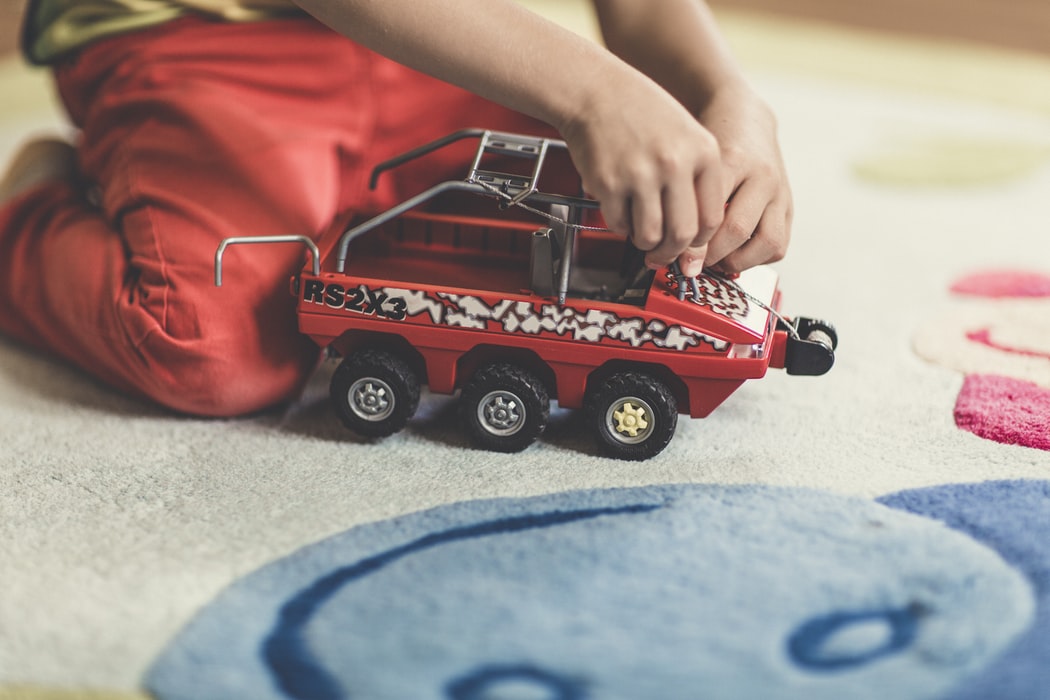
Care and daily life: Brazilian women’s reality during the pandemic
August 26, 2021
Beyond COVID-19: UN Women’s Feminist Plan for Sustainability and Social Justice
November 3, 2021By: Anna Zendell, PhD, MSW, Senior Faculty Program Director, School of Graduate Studies, Excelsior College
In the wake of hurricanes, tornadoes, wildfires, earthquakes, and other natural disasters around the world, NOAA’s National Centers for Environmental Information called 2020 a “year of extremes” (Climate.Gov, 2021). Emergency responses have been complicated by the ongoing pandemic. People caring for medically and emotionally vulnerable loved ones are struggling. Approximately 53 million people provide unpaid caregiving in the United States (Cong et al., 2021). Yet very little known is known about the experience of informal caregivers during the COVID-19 pandemic, how they respond to impending disaster, and how disaster preparedness is complicated by a pandemic. This article will explore what is known about caregivers experiencing disasters amid COVID-19 and how health professionals can support them.
Increasingly dangerous events have led to more mandatory evacuation orders. Barriers for caregivers and their loved ones during disasters are well-covered in the literature. They include limited mobility and resources, inability of shelters to accommodate the needs of persons with unique needs, and lack of an evacuation plan or kit (Cong et al.,2021). Older adults living with disabilities are less likely to be prepared for evacuation prior to a pending disaster (Cong et al., 2021). Aging caregivers and care recipients may find themselves without a way to evacuate, and without an evacuation destination. Having pets, especially dogs or emotional support animals, can further complicate evacuation planning. Many shelters will not accept pets, and many families will not evacuate without a plan for their pets (Brodar et al., 2020).
Pickering and colleagues (2021) performed a meta-analysis of twenty-one articles on caregiving and disaster resilience. The researchers found several themes in disaster resilience for caregivers. These included 1) a need for disaster training, 2) medication and other shortages of essential goods, 3) stressors influencing disaster-related decision-making, 4) barriers to disaster preparedness, and 5) resilience. They noted that disasters deplete healthcare systems, placing increased burden on caregivers to provide more care with diminished support.
These issues can also be found in COVID-19 caregiver experiences (Prime, et al., 2020). Caregivers face financial and resource deficits, decision-making stressors, and relational stressors around shared space, fear, and caregiver isolation. Prime et al. (2020) noted that the current pandemic represents “a global crisis not only of public health and economic stability but also of family well-being (p. 640).” Caregivers must maintain the family dynamic as best as they can. Facing a pending disaster places enormous strain on family well-being, particularly during a pandemic.
. So too can examination of caregiver experiences in outbreaks such as Ebola during natural disasters. Cong et al. (2021) and Pickering et al. (2020) discuss a need for education, training, resources, and supports specifically tailored for caregivers. Supports must include tangible strategies for meeting the unique needs of caregivers in disaster contexts, such as trainings that are on-demand, culturally appropriate, and tailored to address specific needs caregiving families have when faced with a disaster. Targeted resources for caregiver disaster preparation are also imperative. These too should be based on family circumstances and might include food, medications, other supplies, and emergency kits for both evacuation and sheltering in place.
Planning for specific needs is essential. When evacuation becomes imperative, are evacuation shelters physically accessible? For those with increased vulnerability to COVID-19 and ongoing medical needs, are health precautions in effect in these centers? Are there spaces that can provide safety for individuals with mental health needs, sensory stimulation concerns, dementia, or other conditions?
Pickering et al. (2021) found that healthcare professionals can provide valuable support in preparation for, and response to, disasters. Some examples cited included being a trusted information source about preparations; assistance with disaster planning, particularly for those with specific needs; and financial assistance for those with limited resources for planning and/or creating emergency kits. Health professionals can also help caregivers to address fears of stigma while in emergency shelters and to prepare effective communications with emergency shelter staff.
Many caregivers have become increasingly isolated during the pandemic and disconnected from the healthcare system (Pickering et al., 2021). Health professionals can reach out to these families to offer services, care, and support. These recommendations must be taken in the context of a struggling healthcare system, under siege by ongoing pandemic crises. A strong policy response to provide support for both the healthcare system and informal caregivers is imperative.
The pandemic has greatly impacted caregivers and their loved ones. Much of the research around caregiver needs amid the pandemic is quite new. Few studies address the exacerbation of impacts when disaster strikes. Yet, there is much that professionals can do to support caregiving families. The first, and most important, step is to reach out to these families to offer care and assistance. Listening to the concerns and needs will guide a plan of action to meet caregiving needs.
- Brodar, K.E., La Greca, A.M., Tarlow, N. & Comer, J.S. (2020). “My Kids Are My Priority”: Mothers’ decisions to evacuate for Hurricane Irma and evacuation intentions for future hurricanes. Journal of Family Issues, 4(12), 2251-2274.
- A.B. (2021, January.) 2020 U.S. billion-dollar weather and climate disasters in historical context Climate.Gov.
- Cong, Z., Chen, Z., & Liang D. (2021). Barriers to preparing for disasters: Age differences and caregiving responsibilities. International Journal of Disaster Risk Reduction, 61, 1-8.
- Pickering, C.J., Dancey, M., Paik, K., & O’Sullivan, T. (2021). Informal caregiving and disaster risk reduction: A scoping review. Int J Disaster Risk Science, 12, 169–187.
- Prime, H., Wade, M., & Browne, D. T. (2020). Risk and resilience in family well-being during the COVID-19 pandemic. American Psychologist, 75(5), 631-643.


